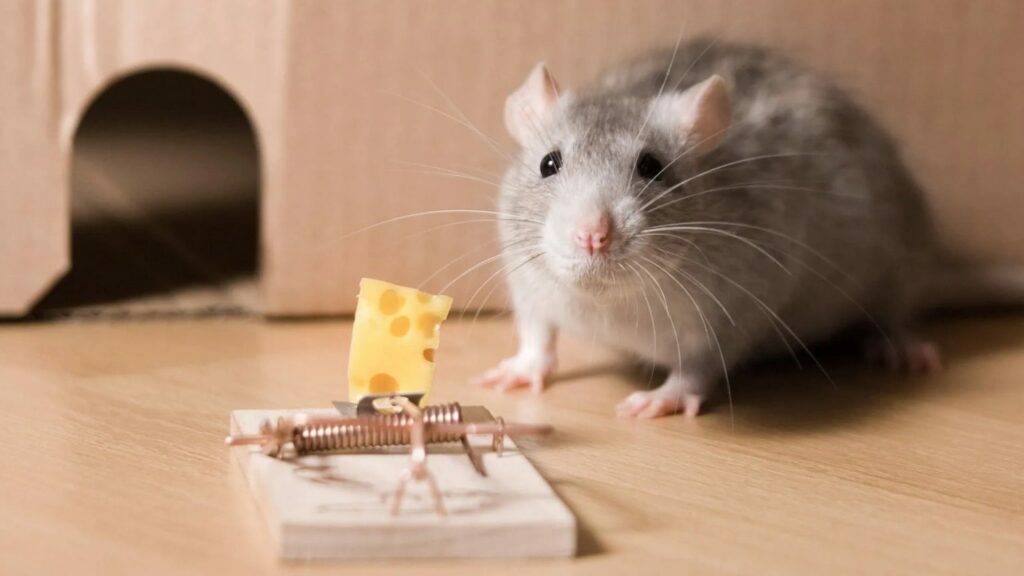When planning a relaxing getaway, the last thing anyone considers is the potential for rodent activity in vacation homes. Yet, these unwelcome guests can cause significant discomfort and damage if not addressed promptly. Understanding the risks and preventive measures is crucial for property owners and vacationers alike.
Many vacation properties, especially those in rural or wooded areas, are prone to infestations. The serene environment that makes these homes attractive to humans also appeals to rodents. Factors like easy access to food, shelter, and water make vacation homes an ideal nesting ground for these pests, leading to increased rodent activity.

Why Do Rodents Target Vacation Homes?
Rodents are opportunistic creatures. They are drawn to vacation homes for several reasons. Firstly, these properties are often vacant for extended periods, especially during off-peak seasons. This lack of human activity gives rodents the freedom to explore and establish nests without disturbance. Additionally, many vacation homes are located near natural habitats, providing easy access for rodents.
Moreover, vacation homes might not be maintained as regularly as primary residences. Gaps in maintenance can lead to structural vulnerabilitieslike cracks in walls or unsealed ventsthat rodents can exploit. Food storage practices also play a role; improperly stored food can attract pests.
Identifying the Signs of Rodent Activity
Recognizing the signs of rodent activity is the first step in addressing the problem. Some common indicators include:
- Droppings: Rodent droppings are small and dark, often found in kitchen cabinets or pantries.
- Gnaw Marks: Look for chew marks on furniture, wires, or food packaging.
- Noises: Scratching sounds in walls or ceilings, especially at night.
- Nests: Shredded paper or fabric used to create nests.
If you notice any of these signs, immediate action is necessary to prevent further infestation. For more detailed guidance on identifying and addressing rodent issues, you can explore Airbnb Rodent Control Guide for expert tips.
Preventing Rodent Infestations
Preventive measures are key to keeping vacation homes rodent-free. Regular maintenance and vigilance can go a long way in deterring these pests. Here are some effective strategies:
Seal Entry Points
Inspect the property for potential entry points, such as cracks, holes, or unsealed vents. Use materials like steel wool or caulk to seal these openings. This simple step can significantly reduce the likelihood of rodents entering your home.
Proper Food Storage
Ensure all food is stored in airtight containers. Clean up crumbs and spills immediately to avoid attracting pests. Additionally, consider reducing the amount of food stored in the home during long periods of vacancy.
Regular Inspections
Conduct regular inspections of the property, focusing on areas that might be more susceptible to infestations. For comprehensive tips on maintaining a pest-free environment, refer to Rodent Exclusion Techniques.
Handling an Infestation
If you discover an infestation, it is important to act swiftly. Depending on the severity, you might need professional pest control services. They can assess the situation and offer tailored solutions. For landlords or property managers, understanding Airbnb responsibilities can also provide additional insights into managing pest issues effectively.
Professional Pest Control
Engaging with a professional pest control service can ensure the problem is addressed thoroughly. Experts can provide treatments that are safe and effective, minimizing risk to residents and future guests.
Using Non-Toxic Solutions
For those preferring non-toxic methods, there are numerous alternatives available. These might include traps or natural deterrents. For more information, consider reading Non-Toxic Rodent Control Tips.

FAQ Section
What attracts rodents to vacation homes?
Rodents are attracted by food, shelter, and water sources. Vacation homes, especially those near natural habitats, provide an ideal environment for nesting.
How can I prevent rodent infestations?
Regular maintenance, sealing entry points, and proper food storage are key strategies. Regular inspections can also help in early detection.
Are non-toxic rodent control methods effective?
Yes, non-toxic solutions can be effective if used correctly. They are safer for the environment and residents, making them a preferred choice for many property owners.
Addressing rodent activity in vacation homes requires a proactive approach. By understanding the risks and implementing preventive measures, you can maintain a comfortable and pest-free environment. For further reading, consider this guide on pest-free vacation homes.
